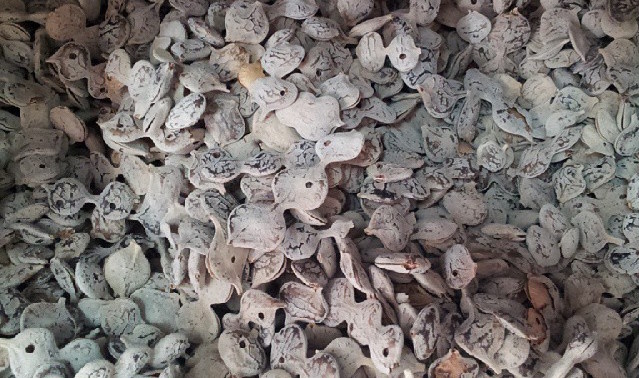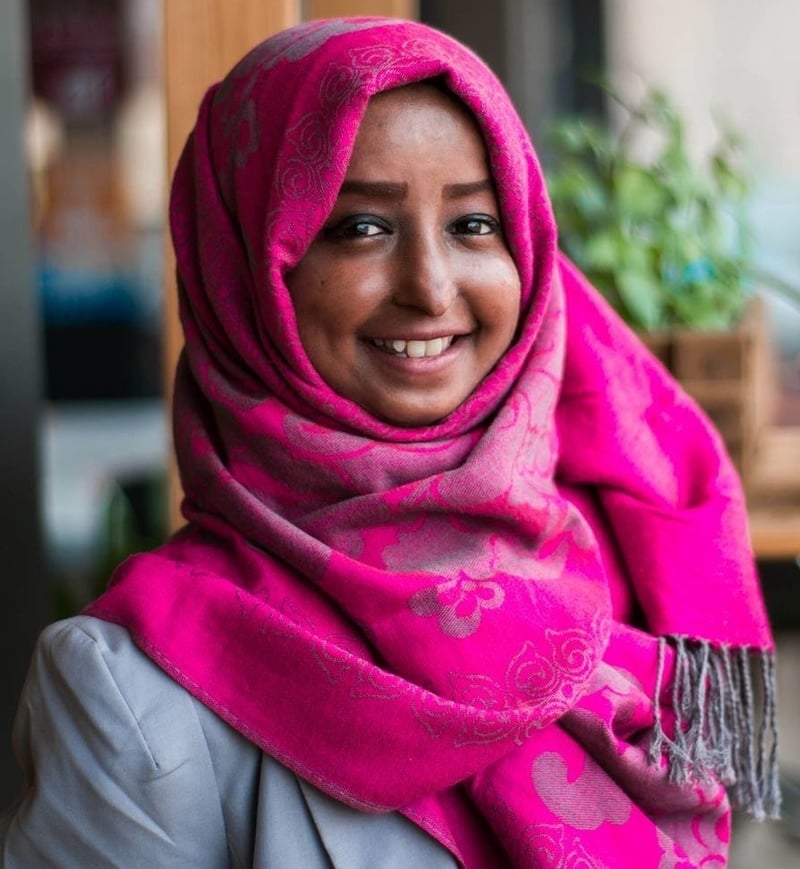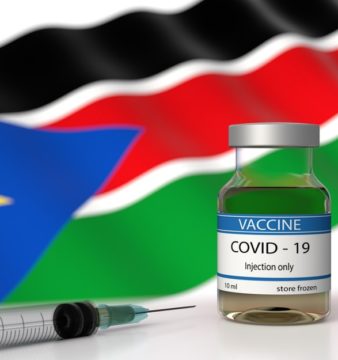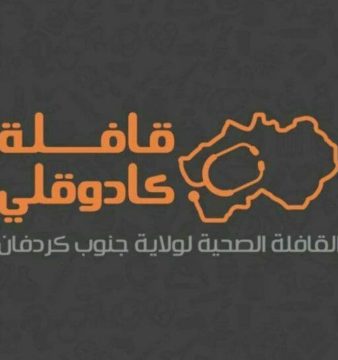How Sudanese are Fighting COVID-19 with Traditional Medicine (Garad)

In Sudan, like in many underdeveloped and developing countries, traditional medicine plays a significant role in preventing and treating illnesses and diseases. Sudan is home to an immense wealth of medicinal plants such as Garad, which is the Sudanese name for the sunut tree fruit (scientific name is Acacia nilotica). During the COVID-19 pandemic, some Sudanese medical personnel and traditional medicine enthusiasts have advised patients or the ill to use Garad as a preventative measure.
It’s important to differentiate between acacia nilotica and acacia vachellia that produce Gum Arabic. Both acacia vachellia and acacia nilotica belongs to the same tribe, which is known as acacia or sunut in Arabic. Despite the fact that these trees belong to the same family, it is important to differentiate between their names in Arabic especially in the Sudanese dialect. The trees that produce gum Arabic are called Hashab/Hashaba and Talih.


Almost every Sudanese household will have Garad. It is part of the rich Sudanese traditional and herbal medicine heritage. In Sudan, there are numerous uses of Garad in the daily life. It is widely believed that the use of Garad along with the black cumin known as alhaba alswda, used with burning coal as bakhur to purity the home from impurities as well as drive evil spirits away. This practice is almost always accompanied with recitation of some verses of the Holy Quran. Other uses of Garad include using its extract or juice after soaking it in water for couple of hours as a mouthwash to help relieve a sore throat and gum problems and diseases. In addition, it is also a natural cough remedy and helps boost the immune system.
In addition, Garad can be crushed and mixed with sesame oil and used as an ointment. Moreover, people believe that Garad has healing powers. It is used to heal a wound. For example, it is commonly used for women who gave birth naturally, especially that most of women in Sudan are circumcised to some degree therefore they need to undo the circumcision and redo it again. As a result, women in the post-partum period add garadh to the water and use it in bathing to help heal the wounds.
During pandemics and health crisis, people in Sudan tend to make, share and believe inaccurate traditional medicine treatments. For example, many believed that using tea or mango could cure the infection. However, garadh is the only traditional medicine that of the much-respected Sudanese medical professionals such as Professor Ahmad Alsafi recommended using to boost the immune system. In this pandemic, the fight is all about stopping the spread and occurrence of new cases.
Many Sudanese people such as my parents are strong believers of the beneficial uses of Garadh. In fact, they tend to use it whenever they came back from funerals of those who have died, losing their battle to COVID-19.
When used properly, traditional medicine practices can be of great value. It can go hand in hand with the preventative measures and contribute to the battle against COVID-19 in Sudan.

Azza Abdelmagid is a 21-year-old Sudanese medical student (and finalist) at University of Alzaiem Alazhari and a freelance translator. She is an active member of Medical Students’ International Network-Sudan (MedSIN-Sudan), a student organisation, uniting Sudanese medical students and giving them a voice. She is interested in Sudanese culture, traditional heritage, and public health specifically women’s health. She believes in youth and women empowerment, and enjoys volunteering, travelling and writing. She is inspired by Helen Keller’s quote: ‘Life is either a daring adventure or nothing’.




